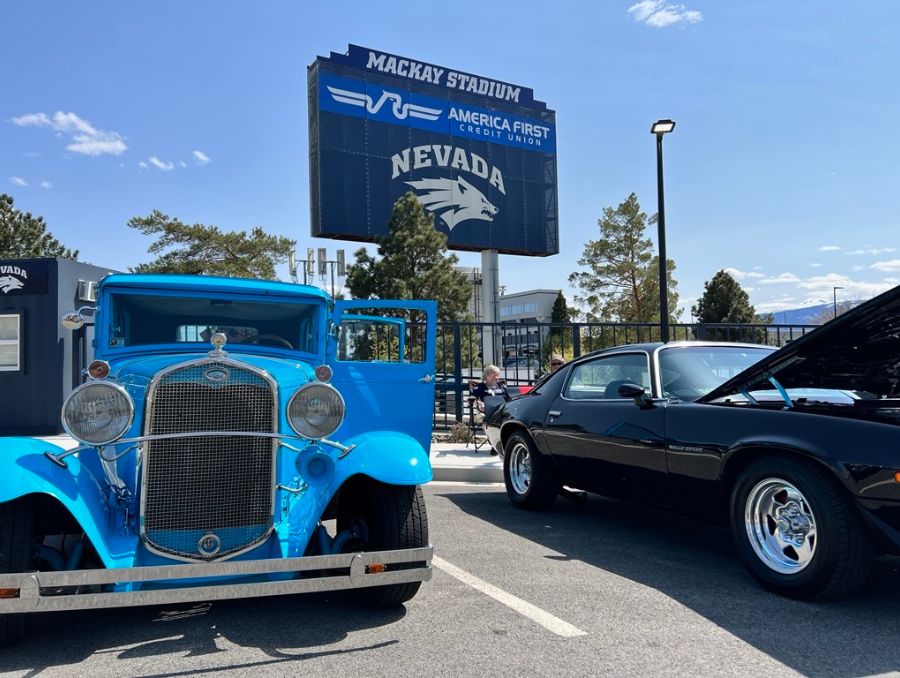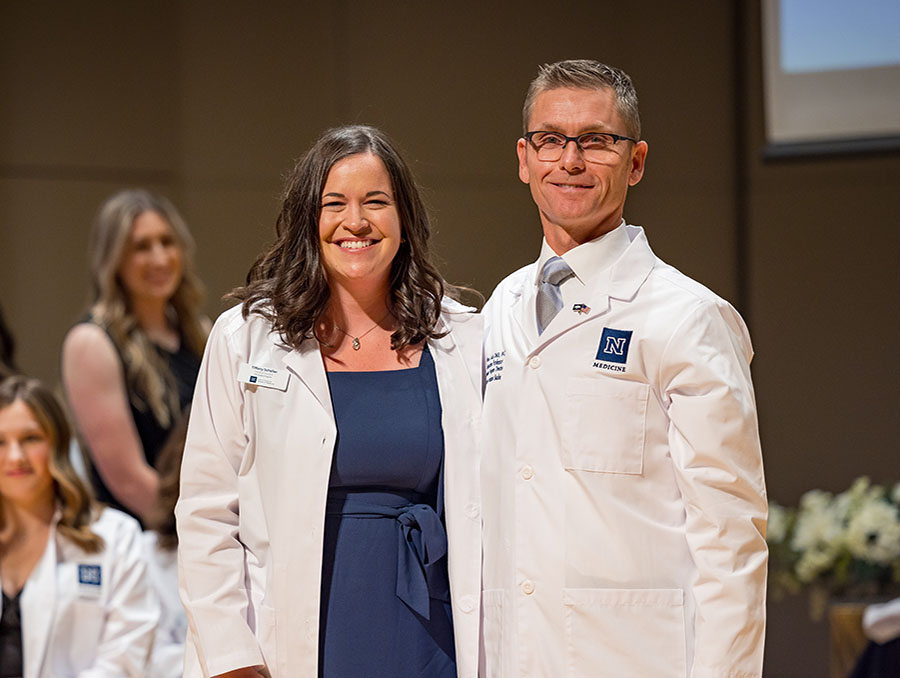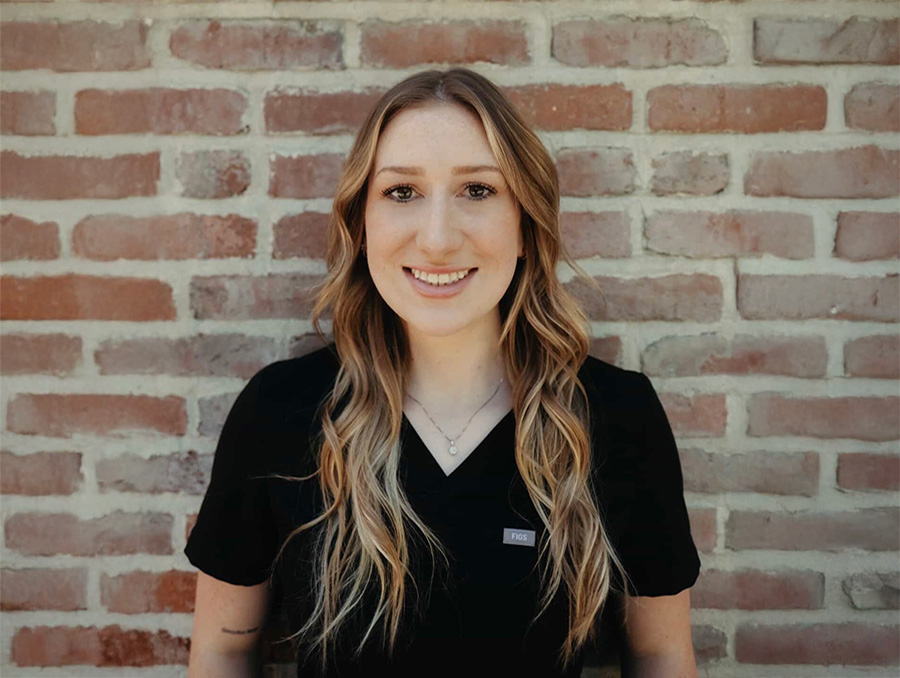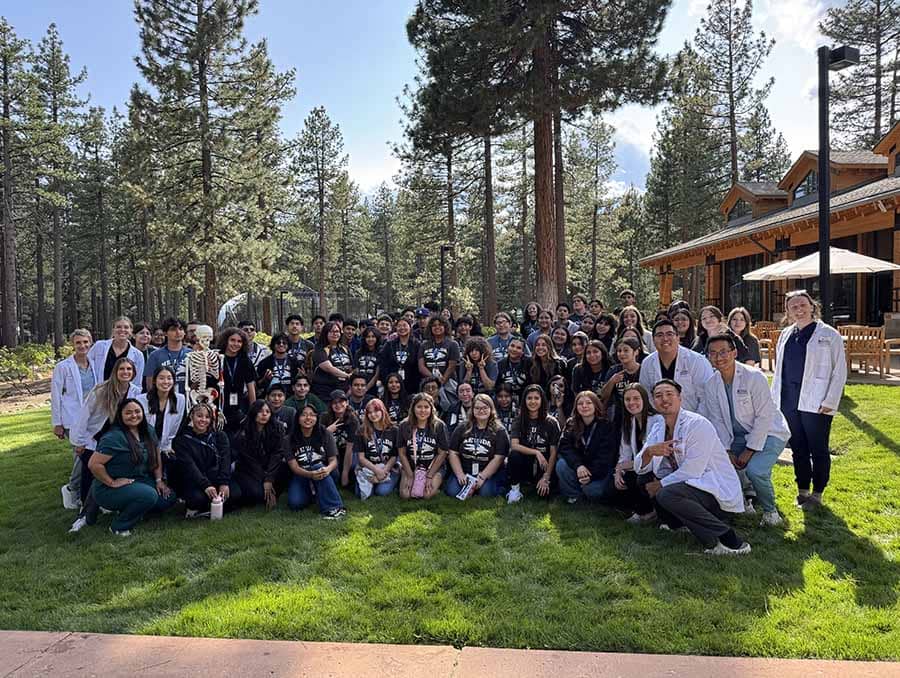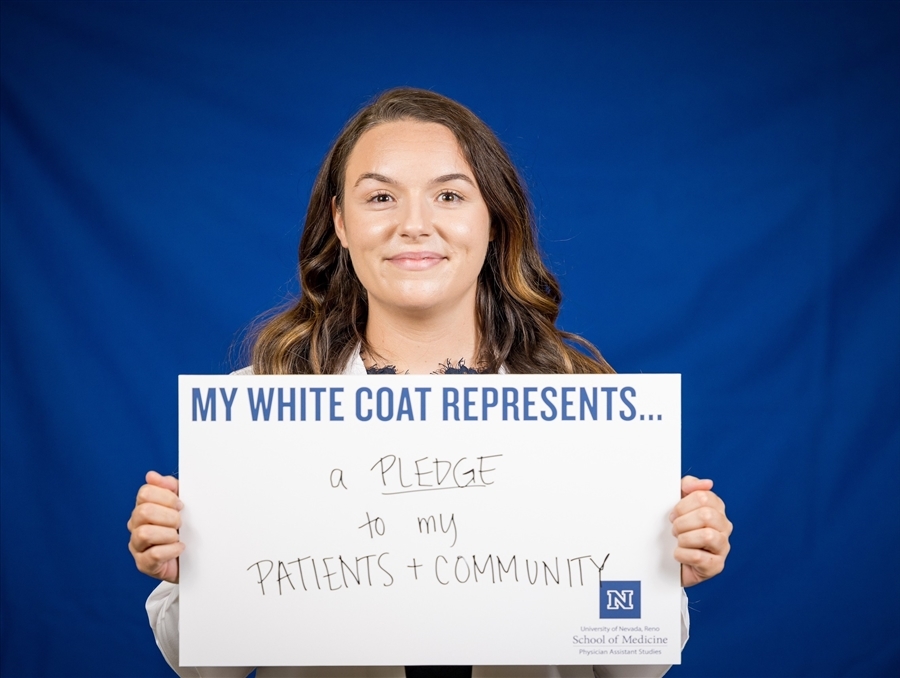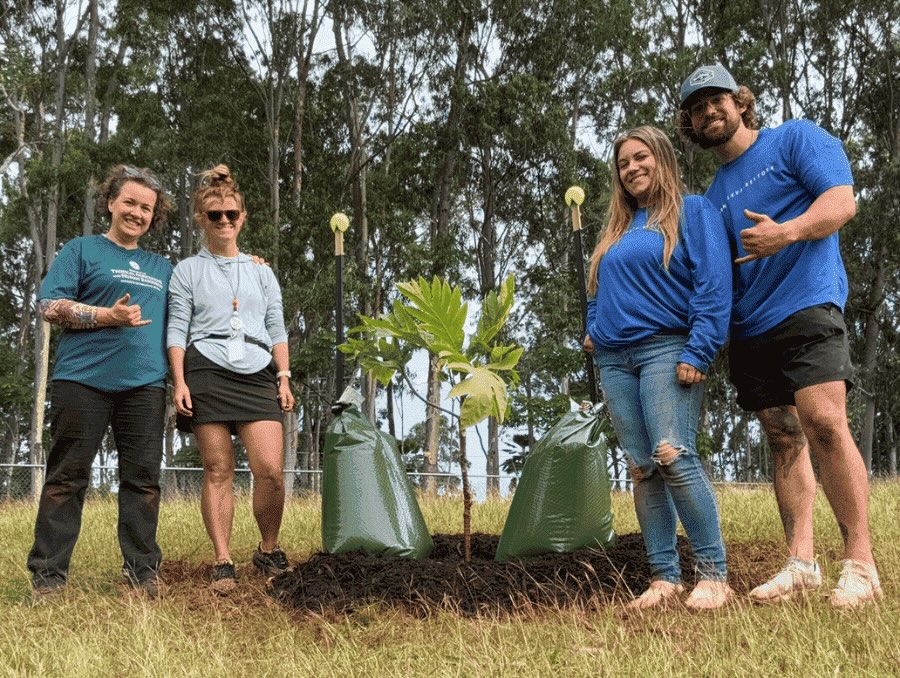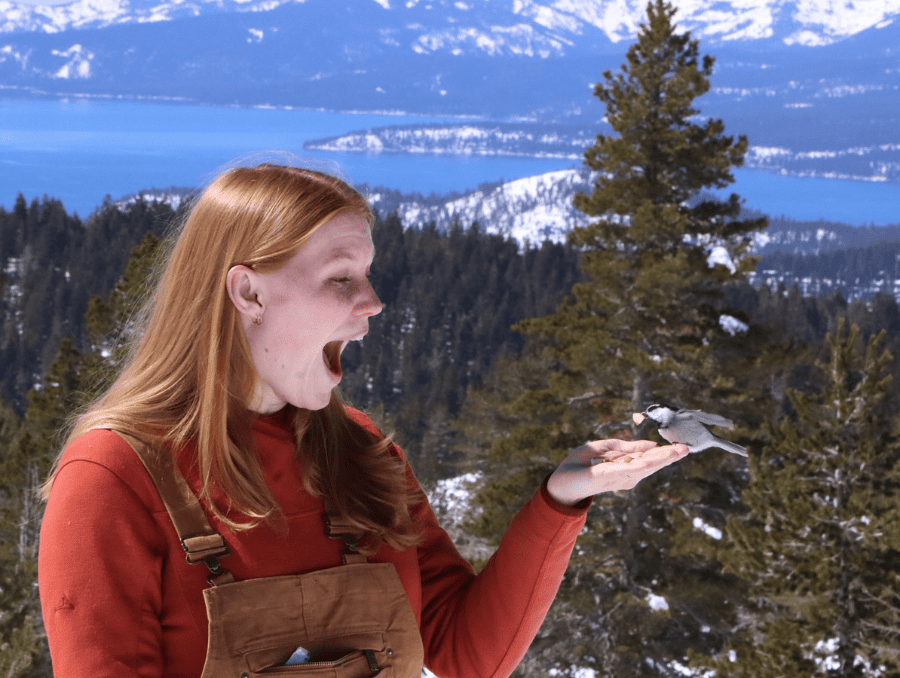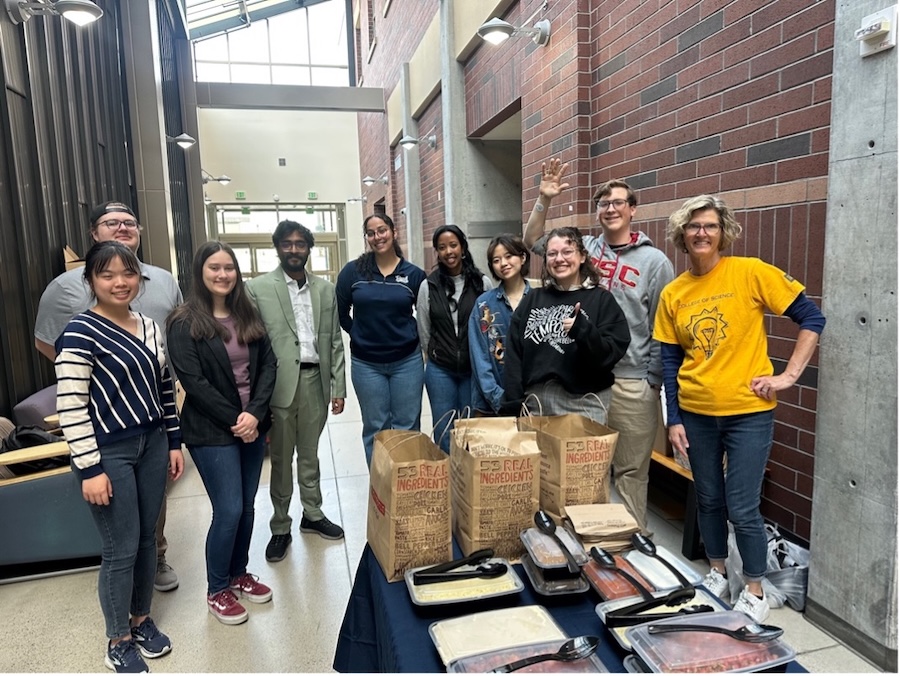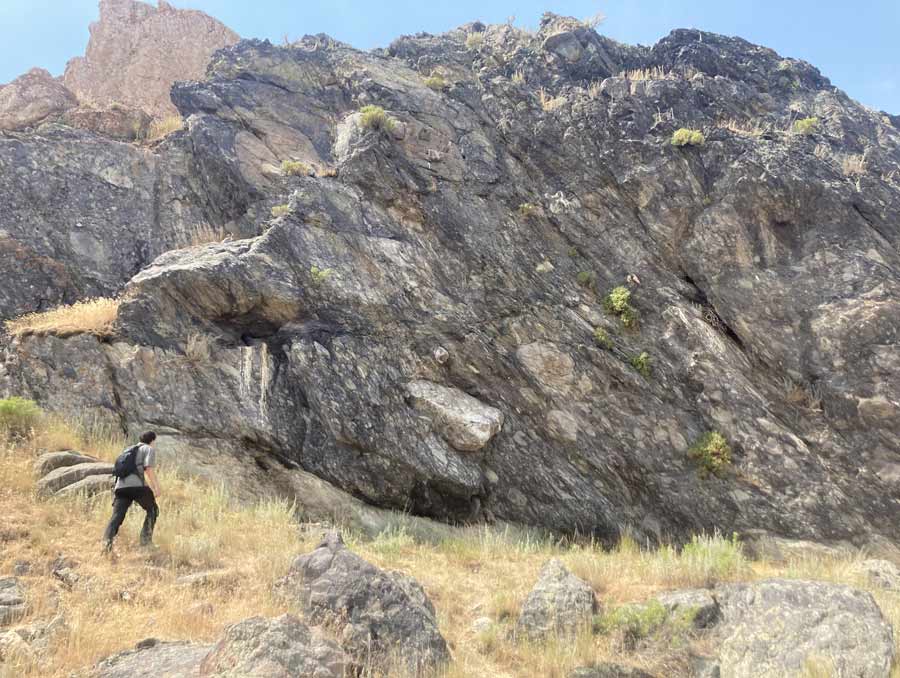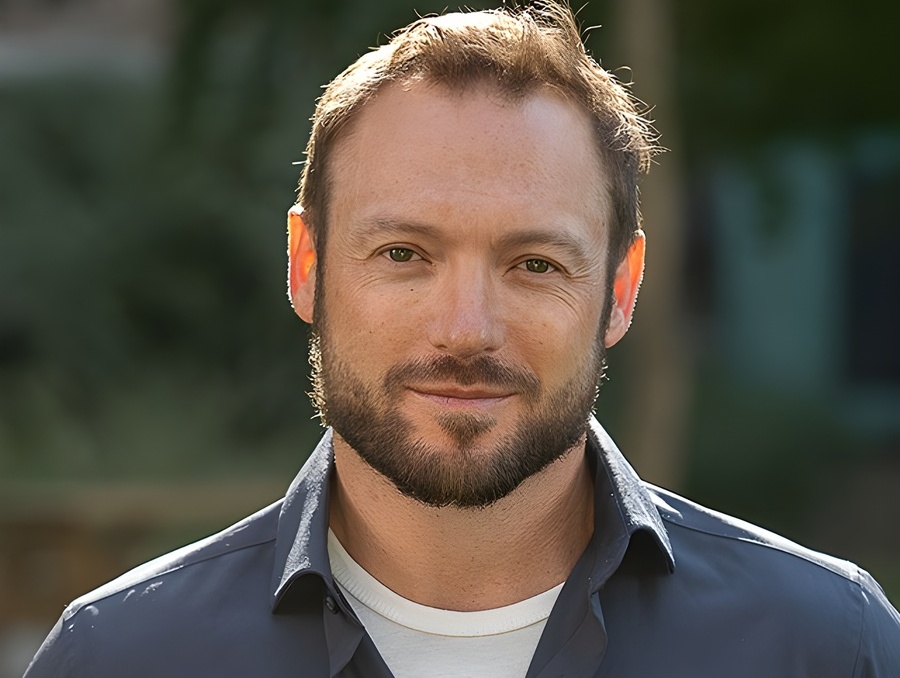
Find more answers here!
As Hot August Nights heats up here on campus and across our community next week, it’s important to understand how our bodies respond to high temperatures and when those responses can turn dangerous, especially when spending for a few hours outside in the heat, on the black top to see all those cool cars!
So, we spoke with Lyndsey Darrow, Ph.D., professor of epidemiology at the School of Public Health. Her research explores how heat waves affect pregnancy outcomes and other health impacts. She broke down what happens inside the body during extreme heat and shared tips for staying safe during Hot August Nights.
Q: What are the dangers of heat exposure?
Excessive sweating can lead to dehydration, cramps and heat rash. The dilation of the blood vessels causes the heart to work harder leading to dizziness. Fatigue, confusion and a rapid heart rate are also signs of a heat illness.
People with underlying cardiovascular conditions, kidney disease or respiratory problems are especially vulnerable to heat-related illness. These conditions often cause people to breathe faster to get oxygen and circulate blood, which creates even more strain. When the body’s cooling systems are overwhelmed, they stop being effective.

Q: What happens to the body when exposed to heat?
When we’re in hot environments, our bodies have strategies to thermoregulate and keep our temperature at a healthy level. One of those strategies is to dilate our blood vessels close to the skin, so we can exchange more heat with the environment. At the same time, we sweat to use evaporative cooling to cool our skin and keep our body temperature down.
Q: So, is sweating good?
Sweating is good because it’s a mechanism we use to cool our bodies. However, you can sweat too much. When that happens, you can become dehydrated. You lose electrolytes, which can lead to cramps. You can develop heat rash, which are irritations on your skin from excessive sweating and the blood vessel expansion. Sweating is important, but too much can start to cause problems.
Q: Can you explain the expansion of blood vessels?
Your blood vessels get wider, and as they do, more blood can exchange heat with your surroundings through your skin. However, because those blood vessels are wider, your blood pressure drops and your heart works harder to pump blood through the rest of your body. That creates problems, especially for people with heart conditions or those taking medications that affect thermal regulation. Diuretics, for example, can affect how much fluid you retain.
While blood vessel dilation and sweating is a healthy response, when it becomes too extreme and we get overheated, which can put a lot of strain on the cardiovascular system.
Darrow shared a few tips to help us stay heat safe during Hot August Nights and on hot days throughout the summer months:
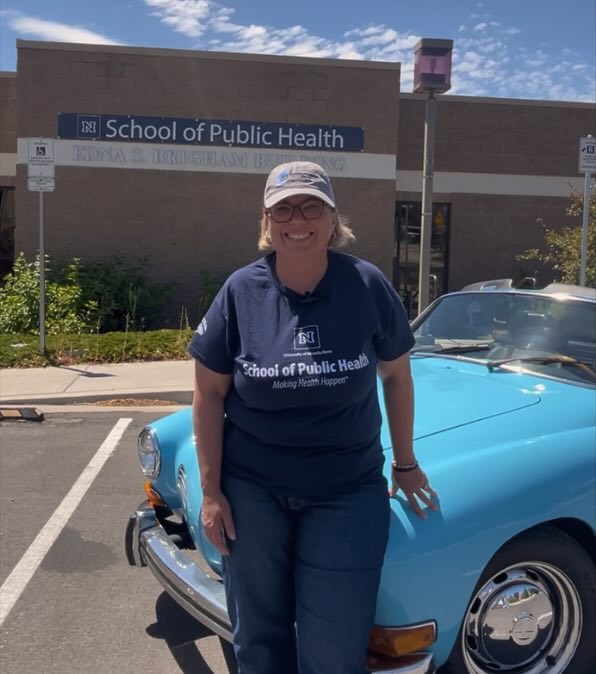
- Stay hydrated. Drink plenty of water throughout the day. Avoid drinks with caffeine or alcohol since they can dehydrate you.
- Avoid the hottest parts of the day. Try to plan outdoor activities in the morning or late afternoon.
- Take breaks. Don’t spend long stretches in direct sun. Find shade or head indoors to give your body a chance to cool down.
- Know where to cool off. The School of Public Health will have a cooling tent next to the shade tent at the Hot August Nights venue on campus. Use it if you need to.
- Dress for the heat. Wear loose-fitting clothing that helps you sweat and exchange heat with the environment.
- Be aware of heat tolerance. Some people are more vulnerable to heat stress, including young children, older adults, people with health conditions and those taking certain medications. Others may be more heat-tolerant from working outside.
- Look out for others. Not everyone in your group will react to heat the same way. Pay attention to your own symptoms and those of the people around you. Seek out cooling spaces if anyone shows signs of heat stress.
About the professor
Lyndsey Darrow, Ph.D., is a professor of epidemiology at the University of Nevada, Reno School of Public Health. Her research focuses on the health effects of air pollution, heat waves and other environmental exposures, with a special emphasis on pregnancy and child health outcomes. Dr. Darrow has led large, multi-site studies examining the links between climate-related exposures and risks such as preterm birth, respiratory illness and childhood asthma. Her work is funded by the National Institutes of Health and conducted in collaboration with partners across the country. She is dedicated to using data to understand how our environment shapes public health and to inform policies that protect the most vulnerable.
